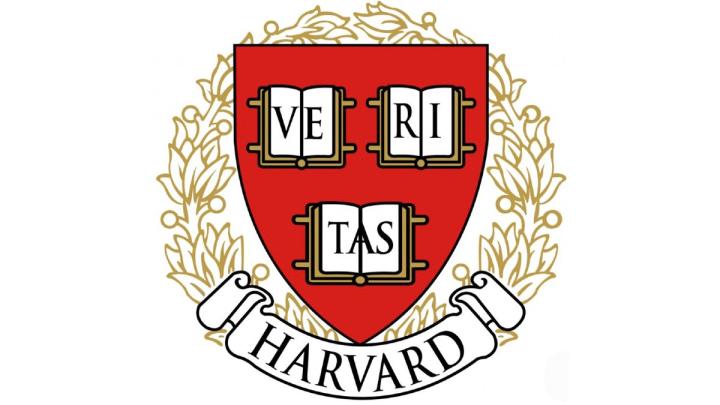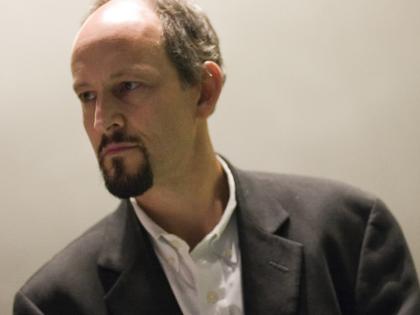Harvard has announced that the University will essentially return to normal for the fall semester: residence in the Yard and the Houses, attendance in classrooms, in-person dining, athletes on the field. This announcement comes more than a year after students were sent home in March 2020 and was made in a letter emailed to students, faculty, and staff from President Lawrence Bacow, Faculty of Arts and Sciences dean Claudine Gay, Harvard College dean Rakesh Khurana, and Graduate School of Arts and Sciences (GSAS) dean Emma Dench.
The letter presents a vision of fall life that looks remarkably close to normal: both graduate and undergraduate residential programs will resume normal operations; all undergraduate students will return to campus-based learning; housing density will return to normal. Though the College anticipates its largest entering class in its history—due to the large number of deferrals last year—it will add additional housing on or near campus to accommodate all students.
The full return includes GSAS, whose residence halls will return to normal housing density this fall, with all students who applied by the housing deadline accommodated. It also includes all libraries and museums, which will reopen in full to the Harvard community in September. All co-curricular activities and athletic competition will return in full.
Some changes will remain, including public-health protocols like regular viral testing and contact tracing. Harvard announced earlier this month that COVID-19 vaccination would be required for all enrolled students in the fall. Recognizing that the vaccine availability varies around the world, the administrators wrote that Harvard University Health Services will provide vaccination to any enrolled, full-time unvaccinated students. In addition, the College will allow international students whose arrival has been delayed by visa processing or other barriers, to enroll this fall if they can arrive by October 4.
Students living on campus can expect a brief quarantine period, after which they will have regular campus access. Additional information about protocols will be released in June and will reflect the latest public-health guidance and Massachusetts requirements.
“Even as we look forward to reengaging the face-to-face community that has always been core to our institutional identity, we know that the campus experience this fall will be different than the one we left last spring,” administrators noted in the announcement. “How could it be otherwise? Our ways of coming together to advance our mission will necessarily be shaped by all that we have learned and experienced over the past year. And thanks to the efforts and insights of this community, we are well prepared to take this next step.”








